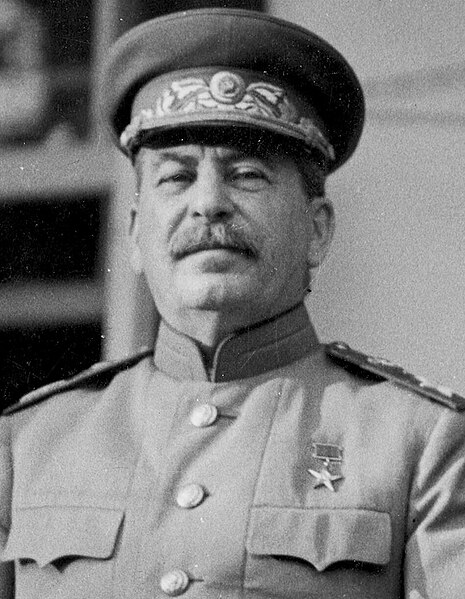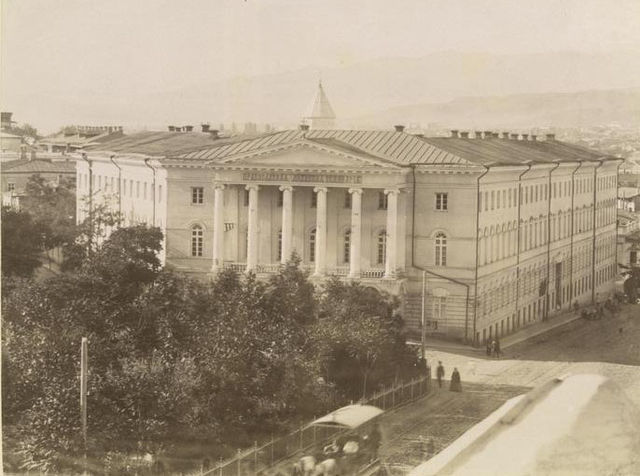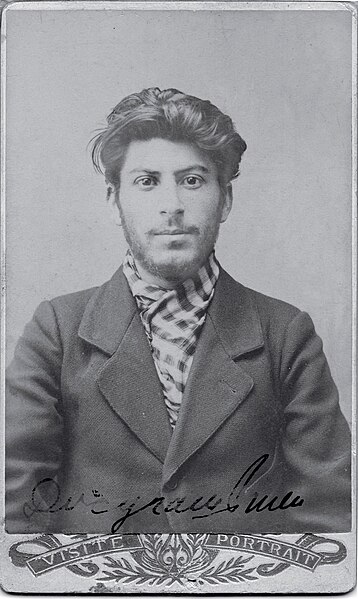The terms enemy of the people and enemy of the nation are designations for the political opponents and for the social-class opponents of the power group within a larger social unit, who, thus identified, can be subjected to political repression. In political praxis, the term enemy of the people implies that political opposition to the ruling power group renders the people in opposition into enemies acting against the interests of the greater social unit, e.g. the political party, society, the nation, etc.
Hostis publicus: In the year 49 BCE, the Roman Senate declared Julius Caesar the enemy of the people of Rome
Donald Trump at the Conservative Political Action Conference in 2017
Joseph Vissarionovich Stalin was a Georgian-born Soviet politician and revolutionary who was the longest-serving leader of the Soviet Union from 1924 until his death in 1953. He held power as General Secretary of the Communist Party from 1922 to 1952, and as Chairman of the Council of Ministers from 1941 until his death. Initially governing the country as part of a collective leadership, Stalin consolidated his power to become a dictator by the 1930s. Ideologically, he formalised his Leninist interpretation of Marxism as Marxism–Leninism, while the political and economic system he implemented is known as Stalinism.
Stalin in 1943
In 1894, Stalin began his studies at the Tiflis Theological Seminary (pictured here in the 1870s).
Police photograph of Stalin, taken in 1902
Stalin first met Vladimir Lenin at a 1905 conference in Tampere, in the Grand Duchy of Finland. Lenin became "Stalin's indispensable mentor".






